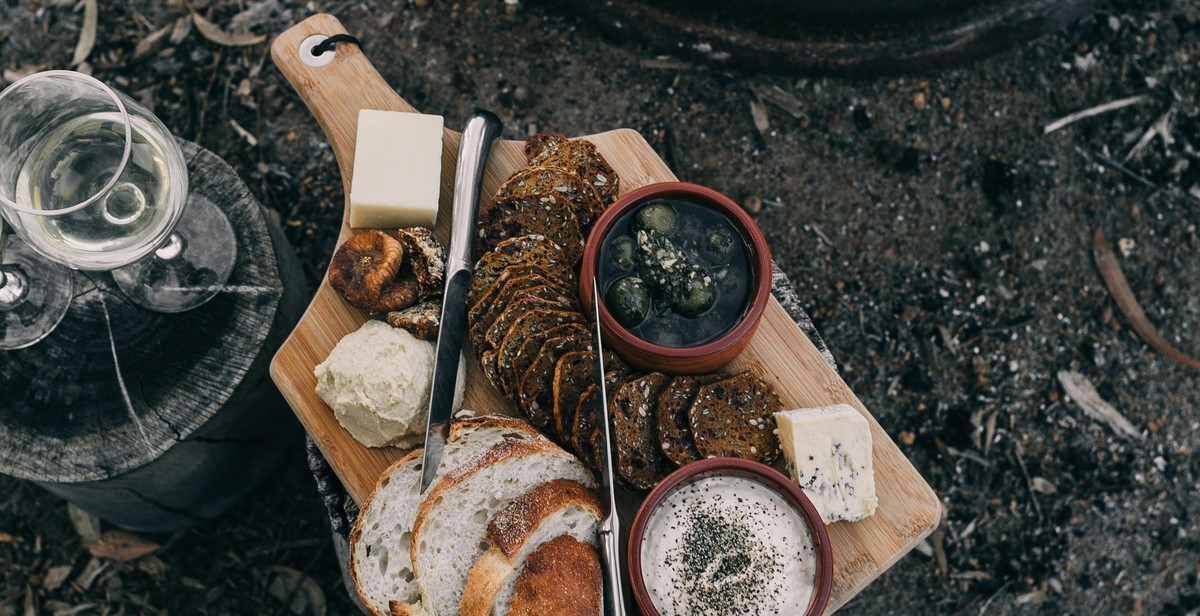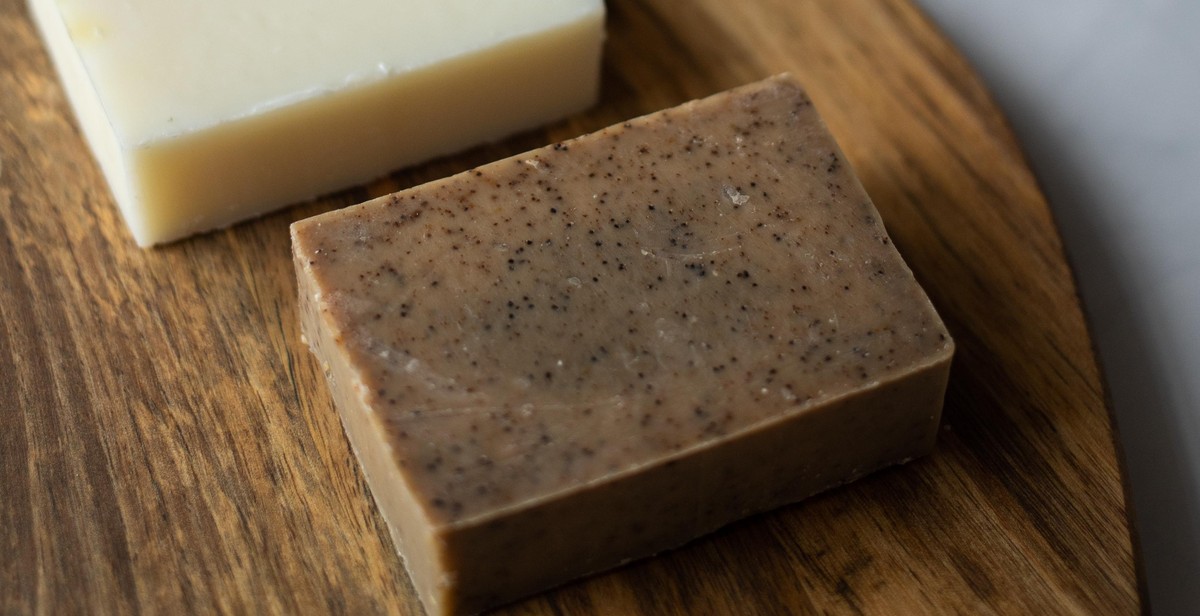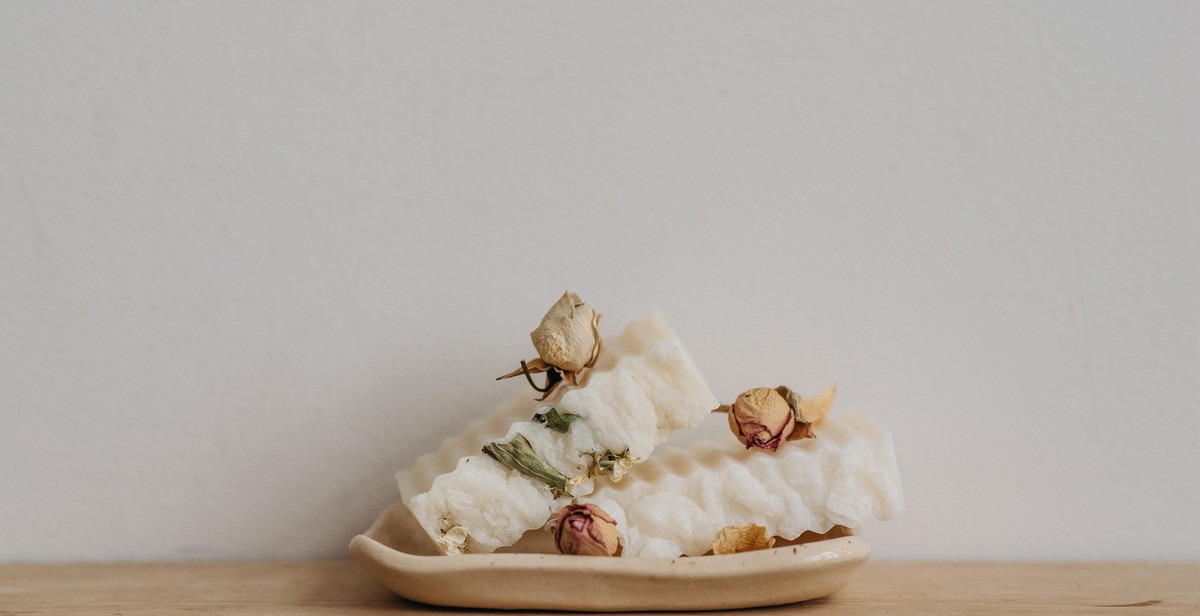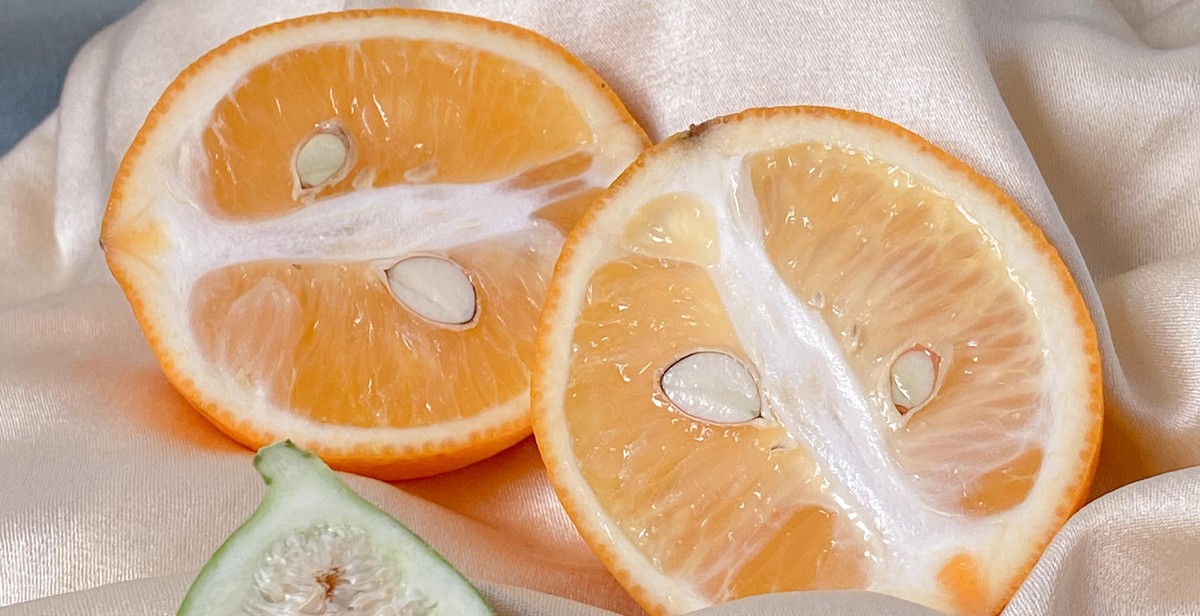How to Make Your Own Natural Homemade Dish Soap
Using natural homemade dish soap is healthier for you and your family, and it’s also better for the environment. Store-bought dish soaps often contain harsh chemicals that can irritate your skin and harm aquatic life when they enter waterways.
Why Make Your Own Dish Soap?
Homemade dish soap is a great alternative to store-bought dish soap because it’s easy to make, affordable, and customizable. You can choose the ingredients and scents that work best for you and your household. Plus, you can reduce your plastic waste by using a refillable bottle instead of purchasing a new plastic container every time you run out of dish soap.
Another benefit of making your own dish soap is that you can avoid artificial fragrances and dyes, which can trigger allergies and respiratory problems. By using natural ingredients like essential oils, you can create a gentle and pleasant scent that won’t harm your health.
In this article, we’ll show you how to make your own natural homemade dish soap using simple ingredients that you probably already have in your pantry. We’ll also provide tips on how to customize your dish soap to suit your preferences and needs.

Ingredients for Natural Homemade Dish Soap
Making your own natural homemade dish soap is not only an eco-friendly option, but it is also a great way to save money. Here are the four basic ingredients you will need to make your own natural dish soap:
Liquid Castile Soap
Liquid Castile soap is a natural, vegetable-based soap that is made from olive oil, coconut oil, or other plant-based oils. It is gentle on the skin and is biodegradable, making it an eco-friendly option. It is also a great base for natural homemade dish soap as it has excellent cleaning properties.
Distilled Water
Distilled water is a pure form of water that has been boiled and then condensed back into a liquid. It is free of impurities and minerals, making it ideal for use in natural homemade dish soap. Distilled water is also readily available in most grocery stores.
White Vinegar
White vinegar is a natural cleaning agent that is effective at removing grease and grime. It is also a natural disinfectant and deodorizer, making it an ideal ingredient for natural homemade dish soap. White vinegar is readily available in most grocery stores and is affordable.
Essential Oils
Essential oils are natural oils that are extracted from plants. They are highly concentrated and have powerful properties that can be used for various purposes. In natural homemade dish soap, essential oils are used to add fragrance and provide additional cleaning properties. Some of the most popular essential oils used in natural homemade dish soap include lemon, lavender, peppermint, and tea tree oil.
| Ingredient | Why It’s Used |
|---|---|
| Liquid Castile Soap | Base for natural homemade dish soap with excellent cleaning properties |
| Distilled Water | Pure form of water ideal for use in natural homemade dish soap |
| White Vinegar | Natural cleaning agent effective at removing grease and grime |
| Essential Oils | Add fragrance and provide additional cleaning properties |

Instructions: How to Make Your Own Natural Homemade Dish Soap
Step 1: Measure and Mix Ingredients
Firstly, gather all the ingredients required to make your natural homemade dish soap. You will need:
- 1 cup of liquid castile soap
- 1 tablespoon of white vinegar
- 1 tablespoon of baking soda
- 1 tablespoon of lemon juice
- 10 drops of essential oil (optional)
Once you have all the ingredients ready, mix them together in a bowl. Stir the mixture well until all the ingredients are thoroughly combined.
Step 2: Pour Mixture Into a Soap Dispenser
After mixing the ingredients, pour the mixture into a soap dispenser. You can use any type of soap dispenser, whether it’s a glass or plastic one. Make sure that the soap dispenser is clean and dry before pouring the mixture into it.
If you don’t have a soap dispenser, you can use an old shampoo or body wash bottle. Just make sure that you clean it thoroughly before using it to store your homemade dish soap.
Step 3: Shake Gently Before Use
Before using your natural homemade dish soap, shake the soap dispenser gently to mix the ingredients. This will ensure that the soap is properly mixed and ready to use.
When using the dish soap, simply apply a small amount onto a sponge or dishcloth and use it to wash your dishes. Rinse the dishes with warm water after washing them to remove any soap residue.
Store your homemade dish soap in a cool, dry place. It should last for several months if stored properly.
| Ingredient | Amount |
|---|---|
| Liquid Castile Soap | 1 cup |
| White Vinegar | 1 tablespoon |
| Baking Soda | 1 tablespoon |
| Lemon Juice | 1 tablespoon |
| Essential Oil (optional) | 10 drops |
Now that you know how to make your own natural homemade dish soap, you can save money and avoid harsh chemicals found in store-bought dish soaps. Give it a try and see how well it works for you!

Tips and Tricks for Making Your Own Natural Homemade Dish Soap
Making your own natural homemade dish soap can be a fun and rewarding experience. However, there are a few tips and tricks that can help make the process even easier and more successful.
Use a Funnel to Pour Ingredients Into the Dispenser
One of the easiest ways to make your own dish soap is to mix the ingredients directly in the dispenser. However, pouring the ingredients can be messy and difficult without the right tools. To make the process easier, use a funnel to pour the ingredients into the dispenser. This will help prevent spills and ensure that the soap mixture goes exactly where it needs to.
Experiment with Different Essential Oil Combinations
One of the benefits of making your own natural dish soap is that you can customize it to your liking. Essential oils not only add a pleasant scent to your soap, but they can also provide additional cleaning and antibacterial properties. Experiment with different essential oil combinations to find the perfect scent and cleaning power for your soap. Some popular options include lemon, lavender, peppermint, and tea tree oil.
Label Your Dispenser
Once you’ve made your homemade dish soap, it’s important to label your dispenser so that you don’t forget what’s inside. This is especially important if you have multiple homemade cleaning products. You can use a label maker or simply write the ingredients and date on a piece of masking tape and stick it to the dispenser. This will help you stay organized and ensure that you’re always using the right product for the job.
Use Distilled Water
When making your own dish soap, it’s important to use distilled water instead of tap water. Tap water can contain minerals and other impurities that can affect the quality of your soap and reduce its effectiveness. Distilled water is free from impurities and will help ensure that your homemade dish soap is as effective as possible.
Store Your Soap in a Dark, Cool Place
Homemade dish soap can be sensitive to light and heat, so it’s important to store it in a dark, cool place. This will help prevent the soap from losing its cleaning power and developing an unpleasant odor. A pantry or cupboard is a good place to store your homemade dish soap.
| Tips and Tricks |
|---|
| Use a funnel to pour ingredients into the dispenser |
| Experiment with different essential oil combinations |
| Label your dispenser |
| Use distilled water |
| Store your soap in a dark, cool place |

Conclusion
Making your own natural homemade dish soap is a great way to save money and reduce your exposure to harmful chemicals. With just a few simple ingredients, you can create a powerful and effective dish soap that will leave your dishes sparkling clean.
One of the main advantages of making your own dish soap is that you can customize it to suit your specific needs. For example, if you have sensitive skin, you can use gentle ingredients like castile soap and coconut oil. Alternatively, if you have hard water, you can add a bit of vinegar to help combat mineral buildup.
Another benefit of making your own dish soap is that it’s environmentally friendly. Many store-bought dish soaps contain harsh chemicals that can harm aquatic life and pollute our waterways. By using natural ingredients, you can help reduce your impact on the environment.
Finally, making your own dish soap is incredibly easy and cost-effective. You can whip up a batch in just a few minutes using ingredients you probably already have in your pantry. Plus, you’ll save money over time by not having to purchase expensive store-bought dish soaps.
Try It Out!
If you’re interested in making your own natural homemade dish soap, give one of the recipes in this article a try. Whether you opt for a simple vinegar and water solution or a more complex recipe with essential oils, you’re sure to be impressed with the results.
Not only will you be doing your wallet a favor, but you’ll also be doing your health and the environment a favor as well.
